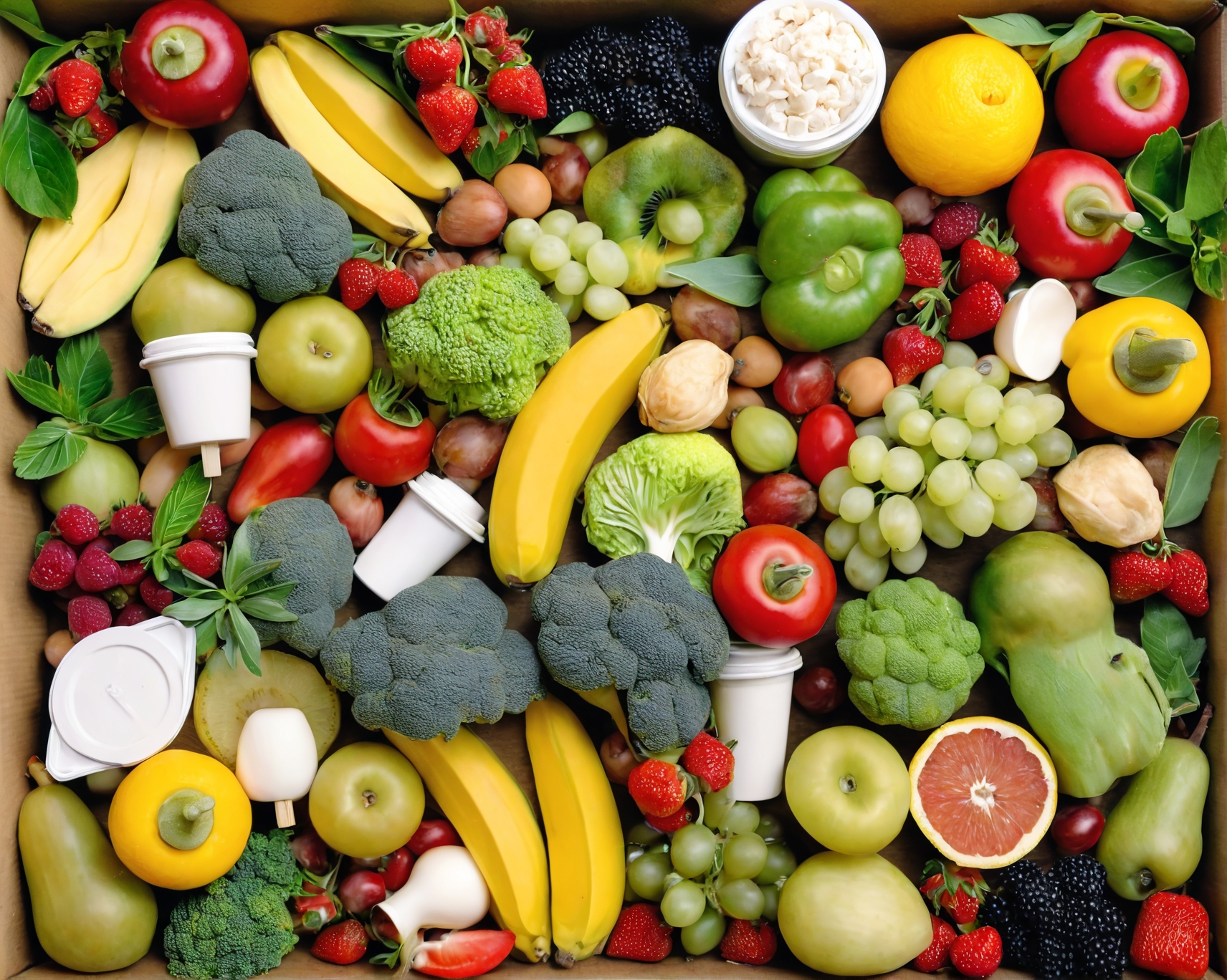The Zero-Waste Lifestyle: Delicious Ways to Reduce Food Waste and Shrink Your Eco-Footprint

Let’s face it: in a world of convenience, it’s all too easy to toss out that extra tomato or half-eaten sandwich without a second thought. But food waste has massive environmental, social, and economic consequences. By embracing a zero-waste lifestyle, not only can you cut down on what hits the trash, but you’ll also lighten your carbon footprint, save some serious cash, and contribute to a more sustainable planet.
Waste Not, Want Not: Smart Meal Planning
A key culprit in food waste is overbuying—those “eyes bigger than the stomach” moments that leave you with a fridge full of food on the brink of going bad. To break the cycle, become a meal-planning pro! Before you head to the grocery store, map out your meals for the week. Jot down exactly what you need, and (here’s the tough part) stick to that list. Impulse buys? Tempting, but they often end up as the first items tossed when food goes bad. Smart Storage:
A Freshness Game-Changer
You know that wilted spinach or mystery Tupperware at the back of the fridge? Yeah, we’ve all been there. Storing your food the right way can be a game-changer in extending its life and cutting down on spoilage. Invest in some airtight containers, learn the nuances of storing different fruits and veggies (e.g., never store tomatoes in the fridge!), and get creative with your freezer. Got too many bananas? Freeze them for smoothies. Extra herbs? Freeze them in oil for cooking later.
Leftovers: The Unsung Hero of Zero-Waste
Think leftovers are boring? Think again. Last night’s pasta can easily become tomorrow’s casserole or a tasty stir-fry with a little ingenuity. Challenge yourself to turn leftovers into new meals. Make soups with those extra veggies or use roasted chicken in tacos the next day. Can’t finish it now? Freeze it for those “too tired to cook” days when takeout is calling your name.
Compost: Turn Scraps into Garden Gold
What about those unavoidable food scraps—the onion peels, coffee grounds, and eggshells? Composting is your best friend here. Not only does composting reduce waste, but it also creates rich, nutrient-dense soil that your garden (or houseplants) will absolutely love. Even if you don’t have a yard, many urban areas have community composting programs. Your trash bin doesn’t need to smell like food waste—let your scraps do something useful!
Support Local, Eat Seasonal
Ever wonder how far that avocado had to travel to reach your kitchen? Supporting local farmers and buying in-season produce helps cut down on the energy and emissions needed to transport food from far-flung places. It’s a win-win: you get fresh, tasty produce while supporting sustainable practices. Visit a local farmer’s market, join a CSA (Community Supported Agriculture), or just make an effort to buy foods grown close to home.
Spread the Word: Become a Zero-Waste Advocate
Going zero-waste is an incredible personal step, but imagine the impact if everyone did it! Raise awareness in your community, share tips with friends, or challenge your family to cut down on waste together. Start small by encouraging people to be mindful of expiration dates, reuse leftovers, and embrace the beauty of composting.
The Big Picture: Why Zero-Waste
Matters It’s not just about your fridge or your wallet (though those are nice perks). Food waste contributes to landfills, where it produces harmful greenhouse gases that worsen climate change. By reducing the amount of food waste in your household, you’re playing a small but powerful part in the global effort to protect the environment. Plus, you’re helping to create a food system that’s more efficient, less wasteful, and kinder to the planet.
Final Bite: Adopt the Zero-Waste Lifestyle, One Meal at a Time
Going zero-waste isn’t about being perfect; it’s about progress. Whether you start by meal planning, composting, or simply getting creative with leftovers, each small step you take makes a difference. And once you get the hang of it, you’ll find that the benefits—from saving money to cutting waste—are too good to pass up.
So, what’s stopping you? Put on that apron, grab some storage containers, and start enjoying a zero-waste lifestyle today!



